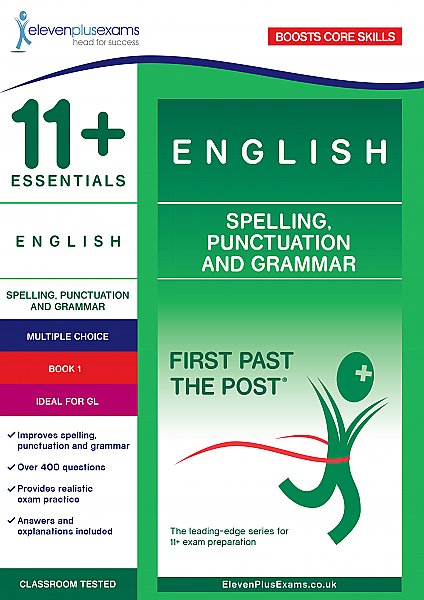Independent Schools
This website’s primary purpose is to inform parents about the selective system for state grammar schools. However for some parents the alternative to the 11 Plus will be an independent school.
What follows is a brief introduction to the Public School / Independent School sector that will mainly be of use to those from abroad who are not familiar with the system.
Further information to help you select an appropriate Independent School for your child is given in the remainder of this section.
A public school, in common British usage, is a school which is usually prestigious and historic, which charges fees, does not arbitrarily restrict admissions, and is financed by bodies other than the state, commonly as a private charitable trust. Often but not always they are boarding schools. Confusingly to a non-native English speaker, a public school is actually a private school! In British usage, a government-run school (which would be called a ‘public school’ in other areas, such as the United States) is called a state school.
Many of the independent schools in the UK do not refer to themselves as public schools. Many choose to use the term independent school. In part, this is due to a sense that some ‘minor’ public schools have many of the social associations and traditions of public schools but without the quality of teaching and extra-curricular activities.
The term ‘public’ was first adopted by Eton College and historically refers to the fact that the school was open to the paying public, as opposed to a religious school that was only open to members of a certain church, and in contrast to private education at home (usually only practical for the very wealthy who could afford tutors).
Public schools played an important role in the development of the Victorian social elite. Under a number of forward-looking headmasters, leading public schools developed a curriculum based heavily on classics and physical activity for boys and young men of the upper and upper middle classes. They were schools for the gentlemanly elite of Victorian politics, armed forces and colonial government. Public schools often relied heavily on the maintenance of discipline by older boys, both to reduce staffing costs and as preparation for military or public service.
While under the best circumstances the Victorian public schools were superb examples of education, the reliance on corporal punishment and the prefect system could also make them awful. The classics-based curriculum was criticised for not providing skills in sciences or engineering.
Today, many public schools are highly selective on academic grounds, as well as financial grounds – the ability to pay high fees. Some of the most well-known public schools also take into account the social background of the child, and a family connection to the school may be desirable in the admissions process.
There are, however, a good range of schools that focus on “the whole child”, rather than just being highly academic.








